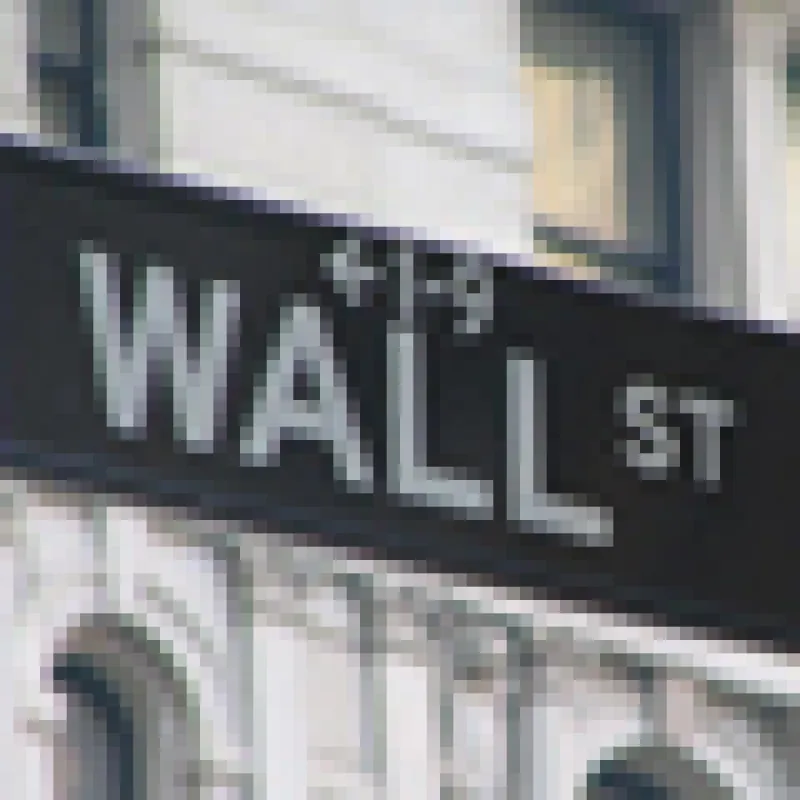When asked what he considered the impact of the French Revolution, Chinese Communist Party leader Zhou Enlai remarked — more than a century and a half later — that it was “too early to say.” Only two years after the seismic events that shook the foundations of the world economy, it is obviously much too early to fully assess the consequences of the financial crisis.
What is clear is that lawmakers did not always succeed in managing a globally coordinated response to the events of the crisis. When the leaders of the world’s 20 leading economies gathered in Washington in late 2008 and in London the following April to begin the process of building a stronger financial system, they promised to avoid repeating the mistakes their predecessors had made in the 1930s, pledging “to do whatever is necessary to promote global trade and investment and reject protectionism.”
During the London summit the Group of 20 leaders agreed that all hedge funds should be registered with their national regulators and that those managers should be required to report systemically relevant data. Meanwhile, a few hundred miles away in Brussels, European Commission officials were preparing the Directive on Alternative Investment Fund Managers, one of the first pieces of financial services legislation to be drafted following the crisis. The directive was published on April 30, 2009, and immediately set a worrying precedent, as some of its proposed measures threatened to make it difficult for managers based outside the European Union to continue to gain access to EU investors. U.S. Treasury Secretary Timothy Geithner was one of many critics who engaged with European legislators in an effort to revise the directive’s potentially protectionist measures.
As that effort was continuing, the U.S. found itself in the line of fire as questions were raised about possible protectionist measures in what would become the Dodd-Frank Wall Street Reform and Consumer Protection Act. Under the legislation, which was signed into law on July 21, most hedge fund managers headquartered outside the U.S. will have to register with the Securities and Exchange Commission if they have any U.S. investors.
Multiple registration, whereby a manager has to report to two or more supervisors, creates unnecessary administrative costs. Such additional costs and burdens will act as barriers to entry, especially for smaller managers, and will ultimately limit investor choice. The very real worry is that these duplicative requirements on both sides of the Atlantic could trigger an “arms race” of responses.
The varied efforts by different jurisdictions to tackle short-selling following the crisis have also been disconcerting. In the place of harmonized (and sensible) regulations has emerged a patchwork of restrictions that vary across the globe. When Germany announced in June that it would be banning naked short-selling, the move alarmed even some of its closest allies in Europe because the ban was being made unilaterally rather than as part of a carefully coordinated international response.
Regulatory convergence seemed a plausible goal following the crisis, yet we seem farther away from it than ever. The growing divergence in global regulation could in theory result in regulatory arbitrage, another outcome the G-20 pledged to avoid. In practice, managers will continue to choose jurisdictions with proper regulation, not least because investors demand it.
There has been one important source of good news: Measures taken by lawmakers around the issue of transparency mean that people will no longer be able to say that hedge funds are unregulated. Lawmakers and some members of the media may be less likely to portray managers as evil speculators if regulators can analyze data and report on the true nature of hedge fund activity.
This information, which will be collected from all market participants, will enable macroprudential supervisors to track the buildup of systemic risks in the financial markets. Policymakers should be able to develop a practical and effective reporting system for systemically relevant information and to gather such data in an efficient manner from hedge fund managers and other financial institutions.
More transparency should lead to better, more informed regulation and a more stable financial system. Transparency benefits the global hedge fund industry, just as protectionism threatens it.
Andrew Baker is CEO of London-based Alternative Investment Management Association, a global hedge fund trade group with more than 1,100 members worldwide.






